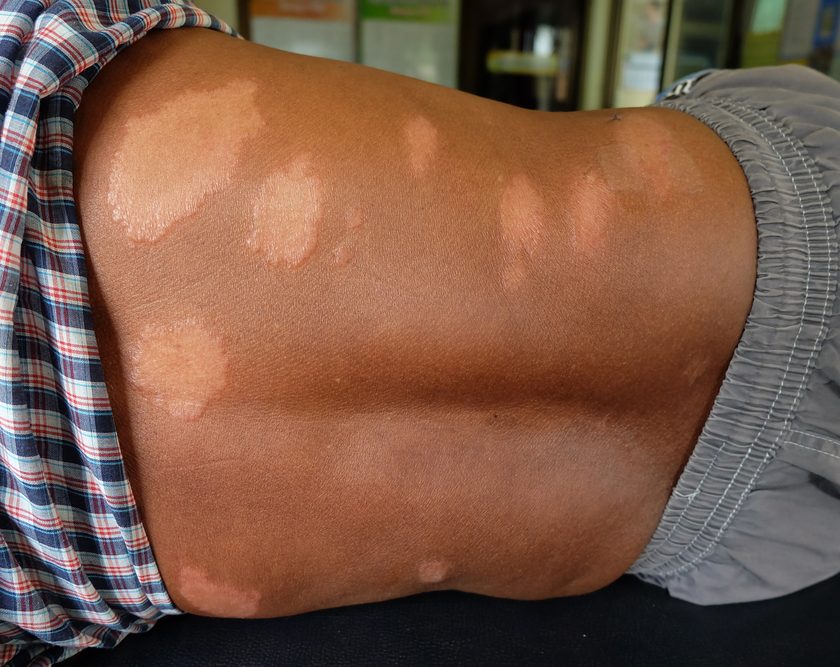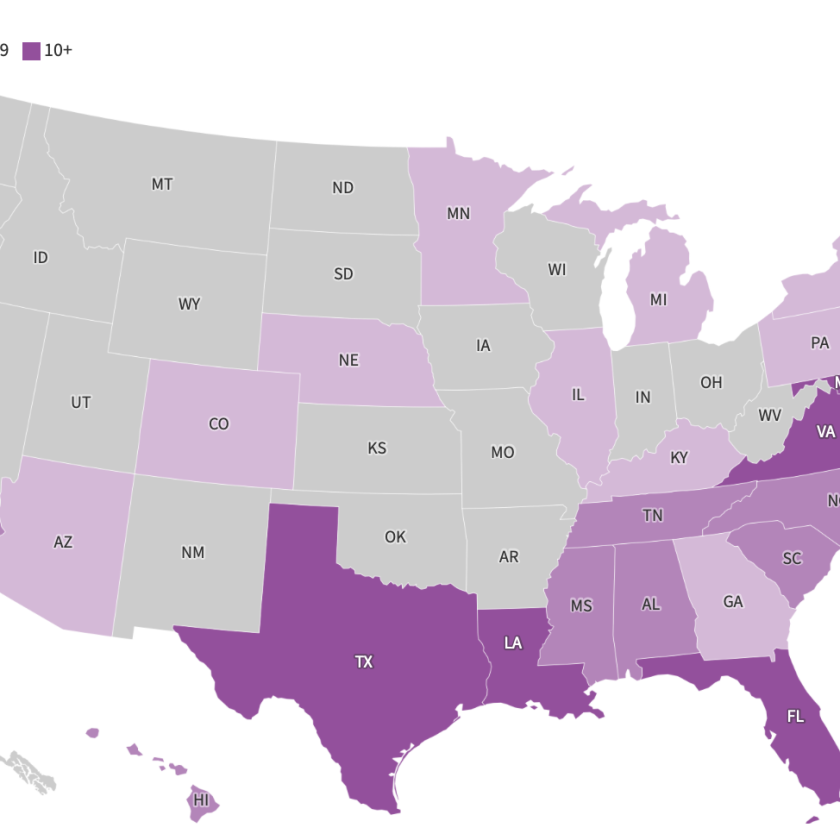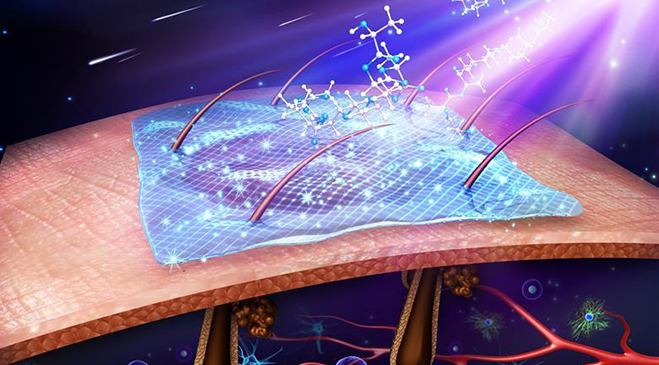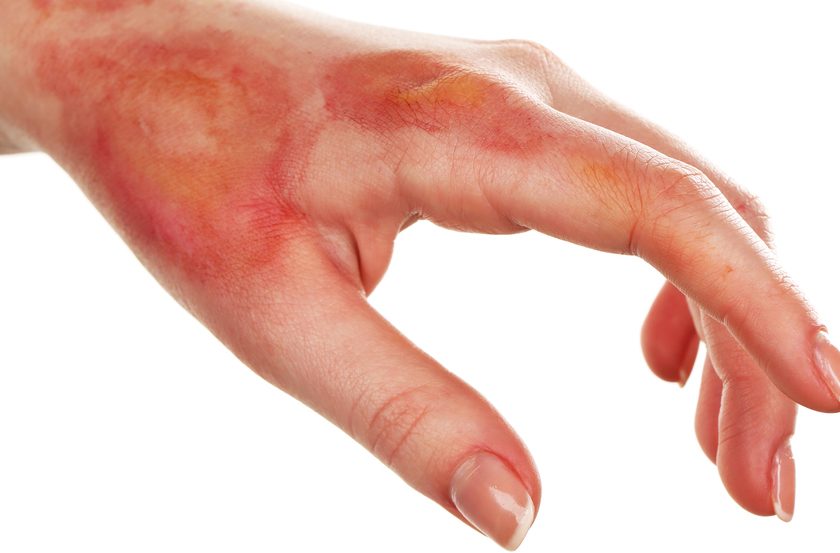By Bill Richlen, PT, WCC, CWS, DWC, and Denise Stetter, PT, WCC, DCCT
The Rolling Stones may have said it best when they sang, “You can’t always get what you want,” a sentiment that also applies to wound care. A common frustration among certified wound care clinicians is working with other clinicians who have limited current wound care education and knowledge. This situation worsens when these clinicians are making treatment recommendations or writing treatment orders not based on current wound-healing principles or standards of care.
Frequently, these same clinicians seem uninterested in listening to what you say and aren’t receptive to treatment suggestions. This is where your skills of diplomacy will make all the difference. Rarely is it a simple matter of sharing your expertise to change a person’s mind. Lack of training and knowledge of current best practices may be part of the reason for resistance. “We’ve always done it that way” or “The rep told me” are common statements you might hear. Other factors include ego, self-image, politics, and the need to be in control. Sadly, human nature gets in the way more often than we think.
Practicing our diplomacy skills will help us bridge the gap between resistance and openness to learning. Here’s what makes a good diplomat.
Communication skills
The words you choose and your tone can make a huge difference in how the information you give is received. Avoid using “you” in your statements because this generally makes the other person feel defensive. Instead use “I” or “we” statements beginning with “I think” or “I feel.” For example, “Dr. Smith, I see that the treatment for Jane Doe is currently wet to dry b.i.d. When we assessed the wound today, we noted she had a fair amount of drainage and some slough. I think that an absorptive dressing like an alginate would handle the drainage better and help promote debridement of the slough. It might be a better choice for Jane. Would you consider trying that for a couple of weeks and see what happens?”
When discussing opposing viewpoints, work to get agreement on smaller or more general issues before addressing the main concern: “Can we agree that using current evidence-based practice is what’s best for Mrs. Jones?”
Knowledge
Be prepared to defend your position with evidence-based practices and, if necessary, provide resources to support your position. When clinicians refuse to listen or acknowledge facts, it can be a sign that their position is more about ego and power than what’s right for the patient.
Use open-ended questions to help create dialogue and the sharing of ideas. Questions such as, “Do you have experience with this product? What were your results?” or “This product may not be on your formulary, but if I got a sample, would you consider trying it?” put you on a collegial level with the clinician. It becomes a collaboration rather than a power struggle. When interacting with clinicians who aren’t certified in wound care, it’s not a good idea to play your “certification” trump card. This strategy only makes you appear arrogant, causing the perception that you think you’re superior to the other person, putting your colleague on the defensive and seriously compromising the potential for further debate and reaching a solution.
Emotional control
We’re all passionate about caring for our patients, so it’s easy to take criticism and conflict personally. When emotions run high, logical thinking is impaired. We can lose grasp of our objectivity and say things we may regret, potentially undermining our integrity and damaging lines of communication. Consider scripting communication points or responses to help maintain professionalism. Use such phrases as “Have you considered…”, “I know we both have the patient’s best interest at heart…” or, when making a request, finishing with “…does that seem reasonable?”
Ability to compromise
Compromise doesn’t mean compromising on principles or standards of care. However, we may not get the exact treatment we want. It’s the old saying, “You aim for the eagle, you bag the pheasant, and you don’t eat crow.” We need to be creative and think outside the box to offer treatment options that will promote healing as best as possible and ultimately win the approval of the person with whom we are compromising. Sometimes we just have to accept the lesser of two evils. Our willingness to compromise can set the stage for future dialogue and less conflict.
Integrity
Become an ambassador for wound care. Be the same person in public as you are in private. Always promote best practice and not personal gain. It’s no surprise that news travels fast, especially bad news. If people figure out that you’re manipulative, dishonest, or egotistical, it won’t be long before your reputation will precede you and you’ll lose the confidence of your colleagues. Perception is reality in the minds of others. How are you representing wound care clinicians?
Sincere appreciation
Kill them with kindness. Drawing battle lines and creating conflict over differing opinions doesn’t help our patients. We can catch more flies with honey than vinegar. But no one wants to hear insincere flattery or thank-you’s. Take the time to tell others how much you appreciate their cooperation.
In the end, we need to remember that the patient has to be our focus. Our own personal issues need to be put aside. It’s not ever about winning; it’s about doing what’s best for the patient.
As the Rolling Stones sang, “You can’t always get what you want, but if you try sometimes, well you might find, you get what you need.”
Bill Richlen is CEO of Infinitus, LLC in Ferdinand, Indiana. Denise Stetter is area manager for southern Indiana for Paragon Rehabilitation in Louisville, Kentucky.
Want to improve your communication skills? Sign up for the free Crucial Skills Newsletter.
DISCLAIMER: All clinical recommendations are intended to assist with determining the appropriate wound therapy for the patient. Responsibility for final decisions and actions related to care of specific patients shall remain the obligation of the institution, its staff, and the patients’ attending physicians. Nothing in this information shall be deemed to constitute the providing of medical care or the diagnosis of any medical condition. Individuals should contact their healthcare providers for medical-related information.







